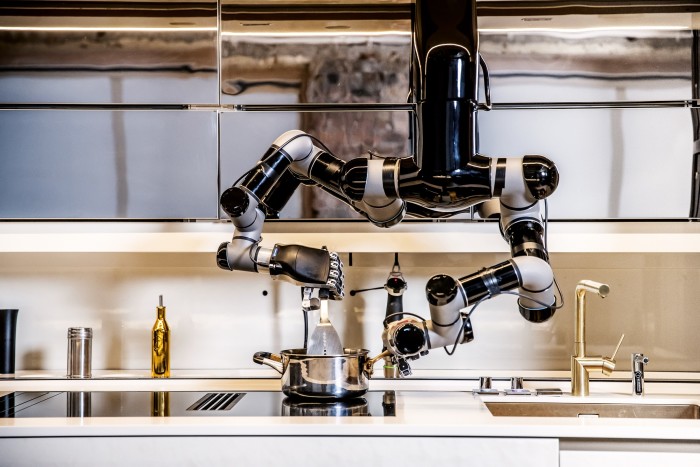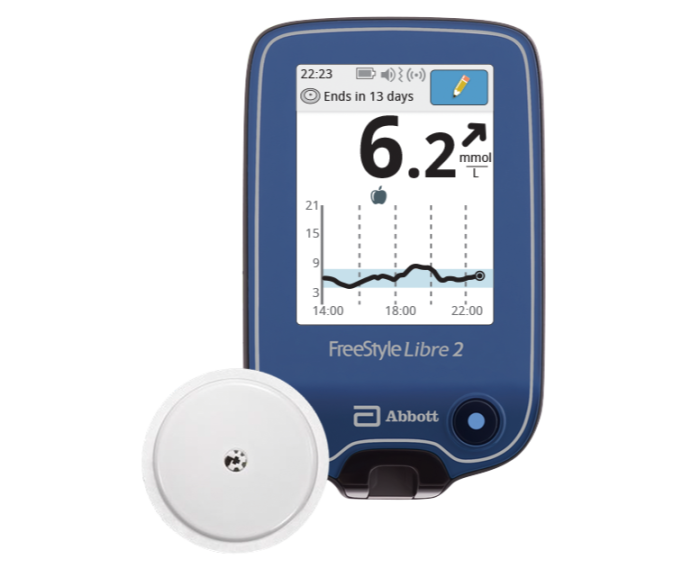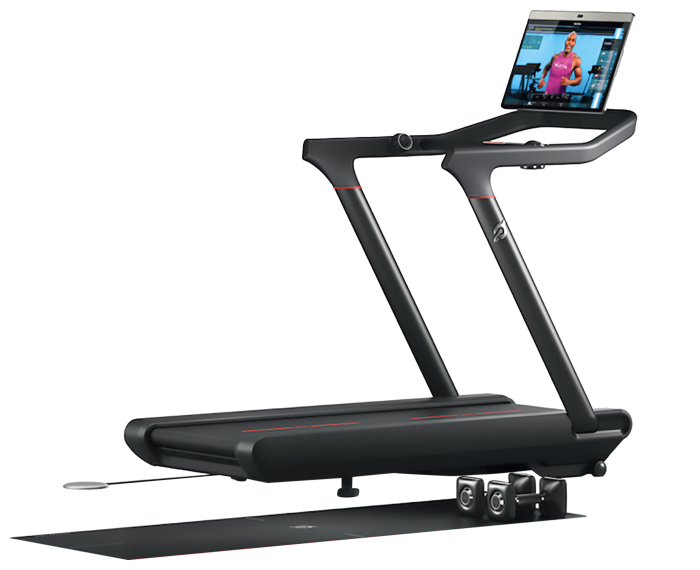Meet the world’s first robo-cook. (He washes up as well)

Simply sign up to the Technology myFT Digest -- delivered directly to your inbox.
I normally stand back from writing about tech until I’ve got my hands on it and tried it out, but this automated kitchen, from a British robotics company backed with public funding from Innovate UK, is so exciting that I can’t hold back until it’s available later this year.
We all know that a proper meal made from freshly prepared, quality ingredients is superior to heated-up, ready-made food. But undertaking such root-and-branch cooking is often a stress too far when there’s so much else to be crammed into a working day. What, though, if you could employ a robo-chef that, at the touch of a button, would make you fresh meals devised by professional cooks while you’re relaxing with a glass of wine?
Moley, after six years and £10m spent in development, claims to be such a machine. Two robotic arms attached to a ceiling track can move up and down the length of a kitchen surface, from fridge, to cooker, to sink, preparing a meal. The lifelike fingers can wield most kitchen equipment – and are deft at manipulating the ingredients for a wide range of commonly home-cooked dishes, such as steaks, pastas and stews. Using motion-capture technology attached to the arms and hands of professional cooks, the team behind Moley has filmed and uploaded to the robot’s memory the motions necessary to create a series of pre-programmed dishes.
“A kitchen is not furniture – it’s a machine designed to cook,” explains Moley’s Mark Oleynik, a computer engineer who qualified as a software developer when he was just 17 at the Institute of Nuclear Physics in Leningrad, back in the old Soviet Union. Oleynik has worked in healthcare startups, but it’s the idea of mechanising cooking that has consumed him since he started Moley in 2014.
Prototypes have been showcased at international robotics shows and Moley has proved itself a decent cook. It can’t, however, be left entirely to its own devices. It does need to have pre-weighed and prepped ingredients laid out for it or put in a smart fridge. And while Oleynik says Moley is well up to cracking an egg (a subtle, complex task for a robot), the intricacies of, say, peeling a potato and cutting out the not-great bits are still currently beyond it. A fully working kitchen will be on show in a west London showroom from this month.
Moley robotic kitchen, from £248,000, moley.com

Message in a bottle
A recent study in the US suggested that up to 75 per cent of the population could be regularly dehydrated. So let’s drink to this hydration-monitoring bottle from Minneapolis, which warns you when you need a restorative glug by gently glowing and alerting you via an app. You can programme the app with your height, weight, sex, and whether you are pregnant or nursing, and it will also take into account the amount of activity you have undertaken and the weather conditions and altitude where you are.
Hidrate Spark has been building a presence in the US since 2015 after launching on Kickstarter with technology whisked up in a hackathon, and now, in its third iteration of the bottle, has created a truly desirable product.
Hidrate Spark 3, £60, hidratespark.uk

A glucose monitor to stick to
A nutritionist I met last year recommended this personal glucose tracker from the US healthcare giant Abbott. It’s prescribed by the NHS for people who already have diabetes, but you can also buy it, off prescription, to learn which foods cause your glucose to spike. The FreeStyle Libre system involves an app and a showerproof arm sensor with a tiny filament that goes just under the skin. This can stay in place for up to 14 days and be read, even through clothing, by holding your phone close to it. The latest version, the Libre 2 (which has just come on to the market), sends notifications to your devices when you spike. Bananas, it turns out, are a particular problem for me.
Abbott FreeStyle Libre 2 starter pack, £160, freestylelibre.co.uk

Peloton Treads ahead
Peloton, the New York exercise-class startup, has been expanding beyond being just an online indoor-cycling brand for a couple of years. Lately I’ve been spending a lot of my Peloton time and (hefty) subscription not on the bike at all, but in front of the TV doing Peloton yoga classes. Now it has released a treadmill and brought the Peloton concept to running, with live or on-demand recorded classes and freestyle scenic runs, all connected, measured and analysed in the cloud. In fact, with its 23.8in HD touchscreen and immersive audio, the Peloton Tread is attempting to be an all-round home gym system too, so you can also do body-strength classes, stretches, cardio routines and meditation, still in front of the machine but without using the main running function.
Peloton Tread, from £2,295, onepeloton.co.uk
Comments